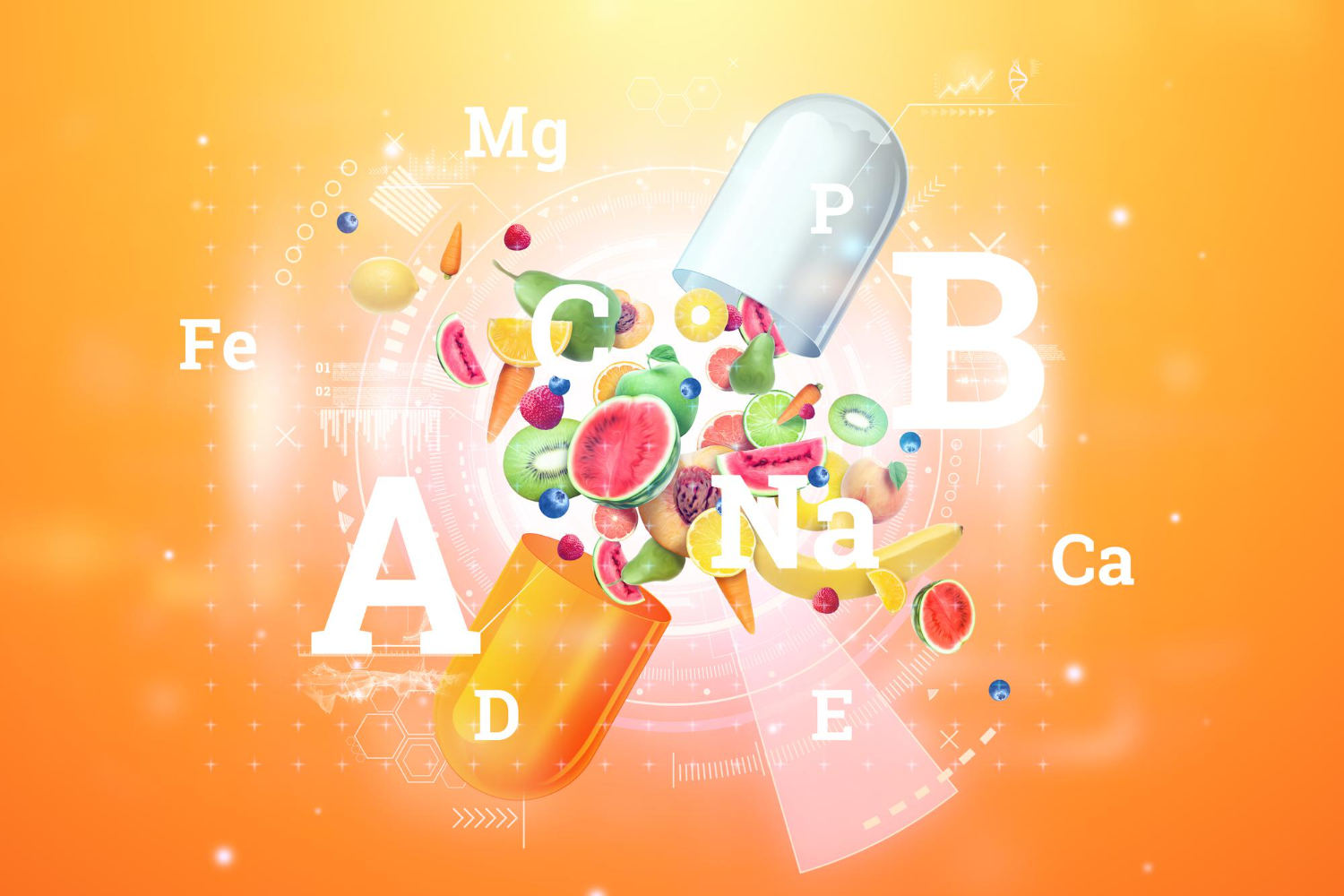In our fast-paced world, prioritizing optimal health can feel like a constant battle. We juggle work, family, and social commitments, often leaving little time for meticulously planned, nutrient-dense meals. This is where multivitamins step in, promising to fill the gaps in our diets. But with a dizzying array of options, how do you choose the right one?
This article dives into the world of multivitamins, specifically focusing on primal multivitamins, explores the role of paleo fiber, and examines the benefits of vitamin D injections.
Unveiling the Multivitamin Mystery: Primal vs. Traditional Options
Multivitamins have become a staple in many households. However, with the rise of dietary trends like paleo, traditional multivitamins might not be the best fit for everyone.
Traditional Multivitamins:
These are the most readily available supplements, formulated to cover a wide range of essential vitamins and minerals. While convenient, they may not cater to specific dietary needs.
Primal Multivitamins:
These supplements are gaining traction alongside the paleo diet. They are designed to mimic the nutrient profile believed to be available to our hunter-gatherer ancestors. They often emphasize:
- Whole-food ingredients: These can be derived from concentrated fruits, vegetables, and organ meats.
- Bioavailable forms of vitamins and minerals: This ensures your body can easily absorb the nutrients.
- Inclusion of Vitamin K2: This vitamin plays a crucial role in bone health and is often missing in traditional multivitamins.
- Exclusion of synthetic ingredients, artificial colors, and unnecessary fillers.
Choosing the Right Multivitamin:
- Consider your diet: If you follow a paleo or similar ancestral-style diet, a primal multivitamin might be a better fit.
- Consult your doctor: Discuss your individual needs and any potential interactions with medications you’re taking.
- Read labels carefully: Look for the Daily Value (DV) percentage of each nutrient and choose a multivitamin that provides 100% or less of most vitamins and minerals.
Beyond Multivitamins: The Allure of Paleo Fiber
Fiber is a crucial dietary component, promoting gut health, digestion, and feelings of fullness. However, modern diets often fall short in this area. This is where paleo fiber comes in.
Derived from sources like:
- Psyllium husk: This soluble fiber helps regulate blood sugar and cholesterol levels.
- Acacia fiber: Another soluble fiber, it supports gut health and promotes feelings of satiety.
- Resistant starches: These starches act like prebiotics, feeding the good bacteria in your gut.
Benefits of Paleo Fiber:
- Improved gut health: A balanced gut microbiome is essential for overall health and disease prevention.
- Enhanced digestion: Fiber helps regulate bowel movements and promotes a healthy digestive system.
- Increased satiety: Feeling fuller for longer can help with weight management.
- Potential blood sugar control: Certain fibers can help regulate blood sugar levels.
Incorporating Paleo Fiber:
- Look for paleo fiber supplements in powder or capsule form.
- Consider adding natural sources of fiber to your diet, such as fruits, vegetables, and nuts.
- Consult a healthcare professional to determine the right dosage for your needs.
Vitamin D Injections: A Deeper Dive
Vitamin D, often nicknamed the “sunshine vitamin,” plays a vital role in bone health, immune function, and cellular growth. However, many people struggle to get enough vitamin D through sun exposure and diet alone.
Benefits of Vitamin D Injections:
- Fast and effective way to raise vitamin D levels: This is particularly beneficial for individuals with severe vitamin D deficiency.
- Bypasses absorption issues: Injections are a good option for those with digestive problems that may hinder vitamin D absorption from food or oral supplements.
- Long-lasting benefits: Depending on the dose, the effects of an injection can last for several months.
Considerations for Vitamin D Injections:
- Talk to your doctor: Vitamin D injections are a prescription medication. Discuss your vitamin D levels with your doctor to determine if injections are right for you.
- Potential side effects: Injections can cause mild side effects like nausea, muscle aches, or fatigue.
- Regular monitoring: Your doctor will need to monitor your vitamin D levels to ensure proper dosage and avoid over-supplementation.
Alternatives to Vitamin D Injections:
- Increase sun exposure: Spending short periods of unprotected time in the sun can boost vitamin D levels.
- Consume vitamin D-rich foods: Fatty fish, egg yolks, and fortified foods like milk and cereals contribute to vitamin D intake.
- Take oral vitamin D supplements: Daily or high-dose supplements can help raise vitamin D levels, but discuss proper dosage with your doctor to avoid exceeding safe limits.
- The Takeaway: A Holistic Approach to Nutrition
- Multivitamins, paleo fiber, and vitamin D injections can play a role in optimizing your health. However, they should not be a replacement for a balanced diet rich in whole foods.
- Here are some key takeaways:
- Prioritize a balanced diet: Focus on consuming plenty of fruits, vegetables, whole grains, lean proteins, and healthy fats.
- Consider targeted supplementation: Discuss your individual needs with your doctor to determine if multivitamins, paleo fiber, or vitamin D injections could be beneficial.
- Focus on bioavailable forms: Choose supplements formulated with easily absorbed nutrients.
- Beware of excessive intake: Most healthy adults don’t need to exceed 100% of the Daily Value for most vitamins and minerals.
- Monitor your progress: Regularly check your vitamin D levels and adjust your approach accordingly.
- By adopting a holistic approach that combines a healthy diet with targeted supplementation, you can empower your body to thrive. Remember, communication with your doctor is crucial for creating a personalized plan that addresses your unique needs and ensures optimal health.
- Additional Considerations:
- Food sensitivities: Some individuals may have sensitivities to certain ingredients in multivitamins or paleo fiber supplements. Be mindful of any potential reactions and consult your doctor if needed.
- Lifestyle factors: Exercise, sleep hygiene, and stress management all play a significant role in overall health. Prioritizing these factors alongside a balanced diet and responsible supplementation can significantly enhance your well-being.
- Emerging research: The science behind multivitamins, paleo fiber, and vitamin D is constantly evolving. Stay informed about the latest research and consult your doctor to stay up-to-date on evidence-based recommendations.




